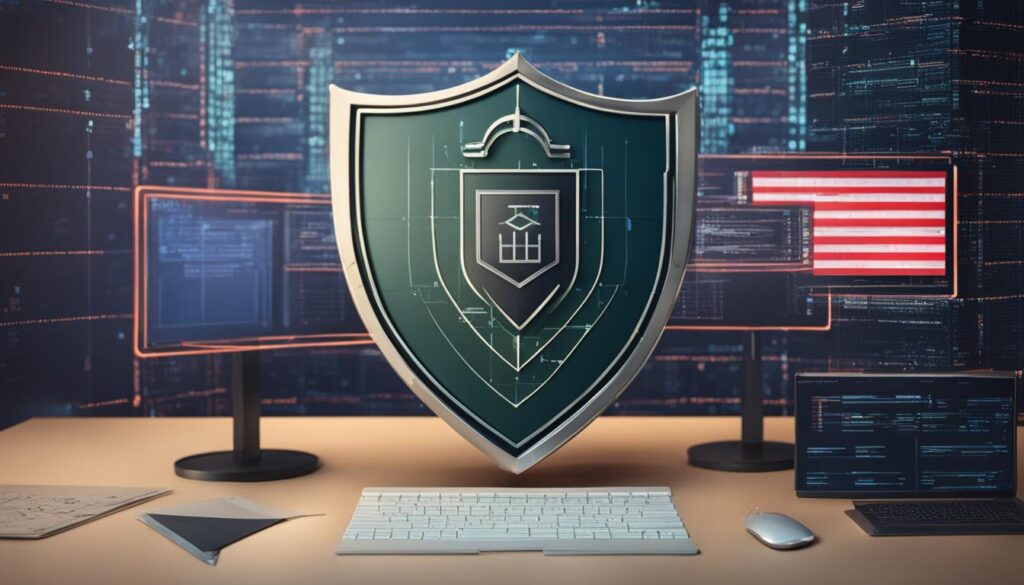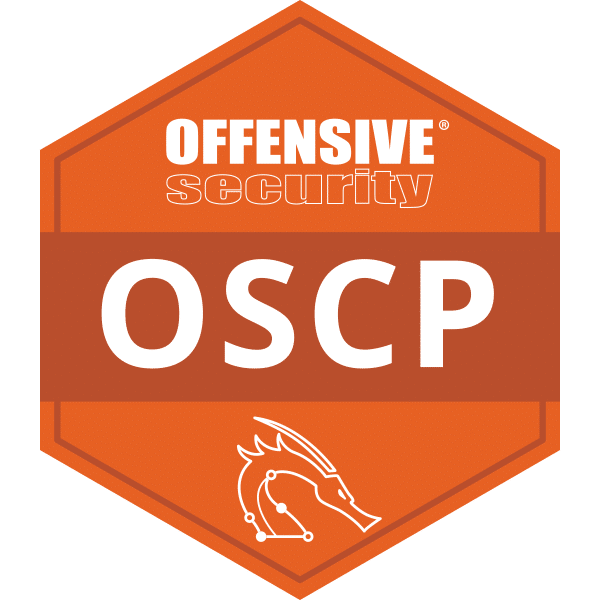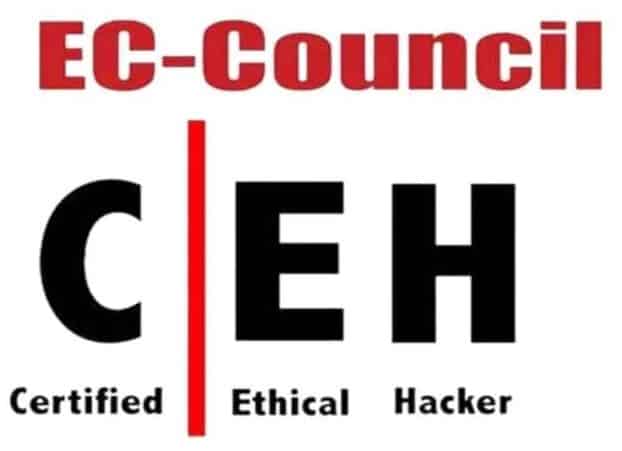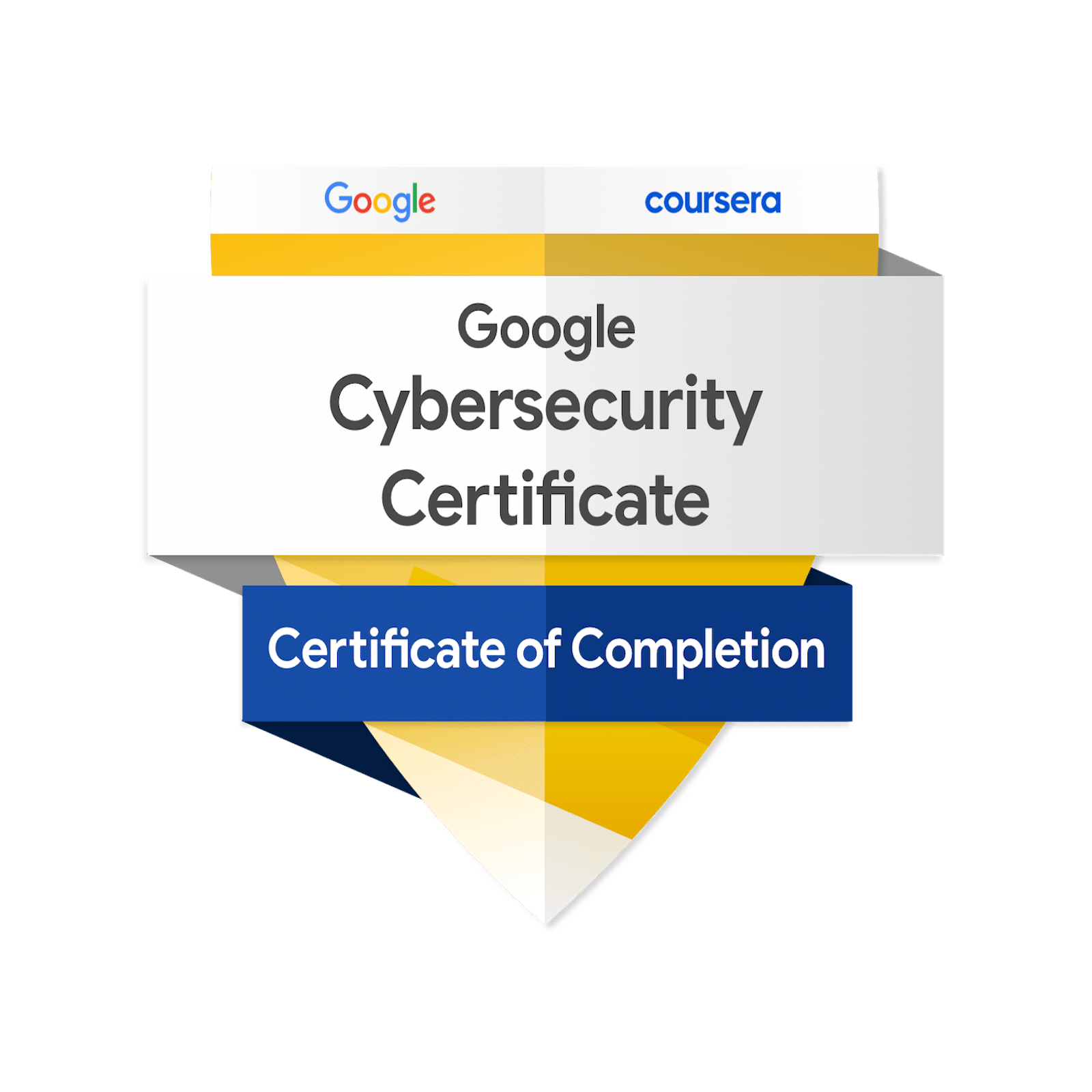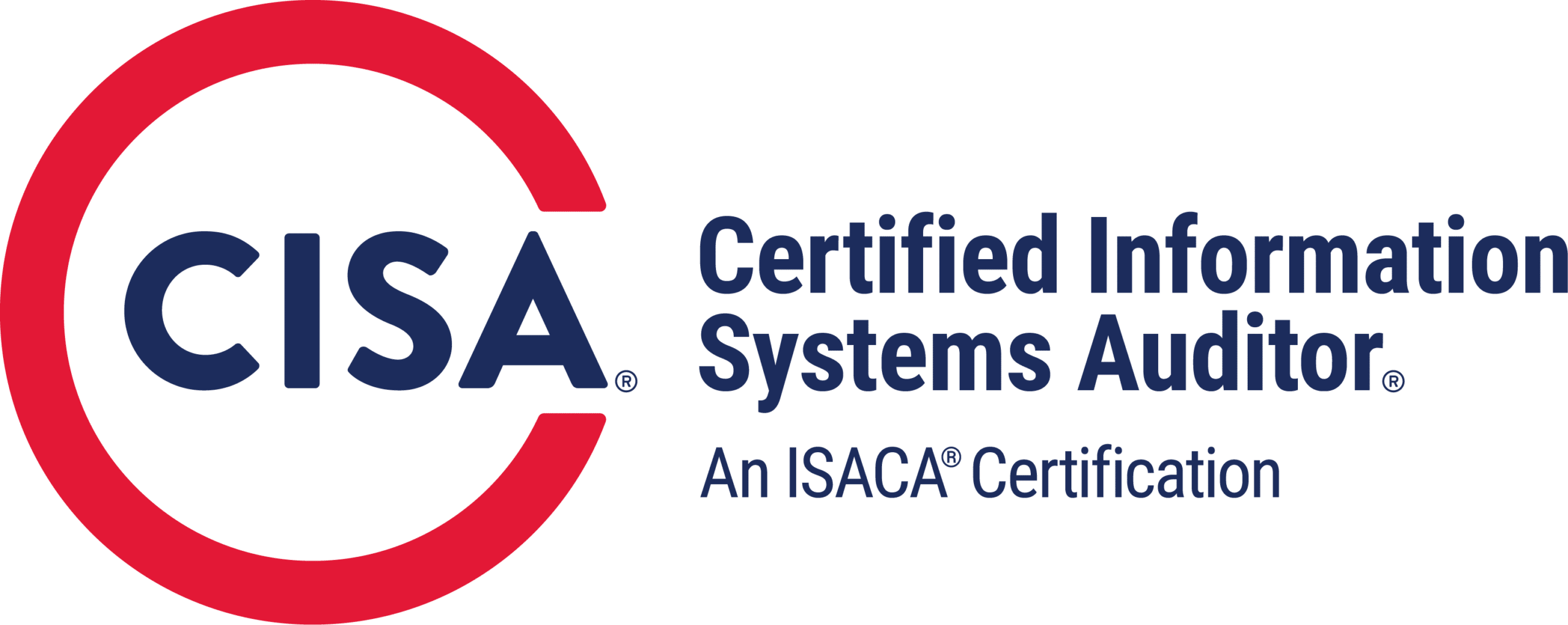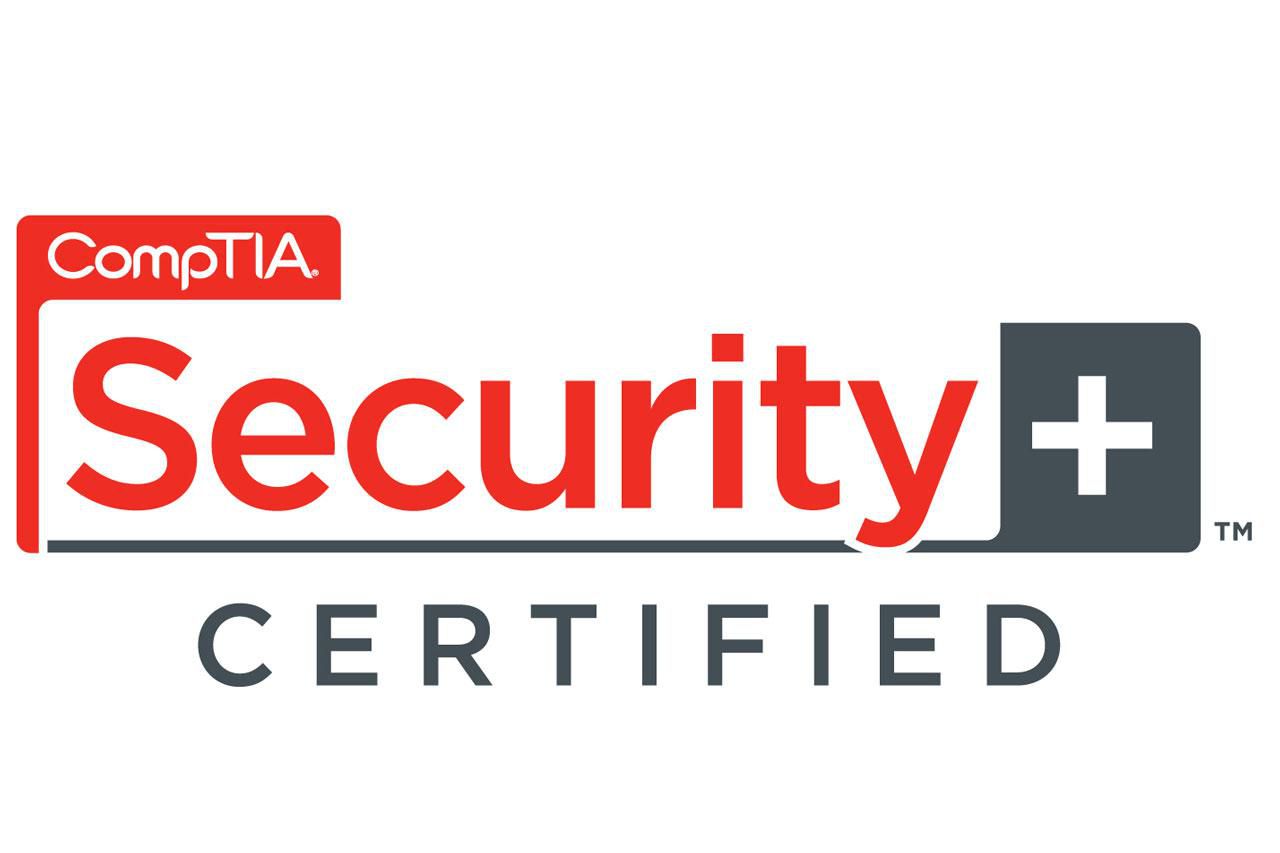In today’s digital world, cybersecurity is of utmost importance. The demand for cybersecurity professionals is on the rise, making it essential to be well-prepared for cybersecurity interviews. This article provides a comprehensive list of the top cybersecurity interview questions to help you succeed in your job interview.
Key Takeaways:
- Prepare for your cybersecurity interview by reviewing these top interview questions.
- Understanding general cybersecurity concepts is crucial for any cybersecurity professional.
- Technical skills are fundamental in the field of cybersecurity.
- Stay up-to-date with industry trends and emerging technologies.
- Communication and leadership skills play a vital role in the field of cybersecurity.
Networking
Networking is a crucial aspect of cybersecurity. In order to assess a candidate’s understanding of network security, interviewers often ask a range of questions related to this topic. By gauging your knowledge of networking concepts and protocols, interviewers can evaluate your ability to secure networks and identify potential vulnerabilities.
Here are some commonly asked cybersecurity interview questions related to networking:
- Explain the difference between a firewall and an intrusion detection system.
- What is the purpose of VLANs (Virtual Local Area Networks) in network security?
- Describe the process of subnetting and how it contributes to network security.
- What are some common network security threats and how would you mitigate them?
- What is the role of VPN (Virtual Private Network) in securing communication over public networks?
These questions provide a glimpse into the types of networking questions you may encounter during a cybersecurity interview. It is important to be well-prepared and confident in your answers to demonstrate your expertise in networking and network security.
| Question | Answer |
|---|---|
| Explain the difference between a firewall and an intrusion detection system. | A firewall acts as a barrier between a trusted internal network and an external network, controlling the flow of network traffic. It filters incoming and outgoing traffic based on a set of predefined rules. On the other hand, an intrusion detection system (IDS) monitors network traffic to detect and prevent unauthorized access or malicious activities. It analyzes packets of data in real-time and raises an alert when suspicious behavior is detected. |
| What is the purpose of VLANs (Virtual Local Area Networks) in network security? | VLANs are used to segregate networks into smaller logical networks, enhancing security by isolating traffic between different groups of devices. By creating separate VLANs, organizations can limit the scope of potential attacks and control access to sensitive information. VLANs also provide flexibility in network management and can improve network performance. |
| Describe the process of subnetting and how it contributes to network security. | Subnetting involves dividing a network into smaller subnets, allowing for better utilization of IP addresses and improved network performance. From a security perspective, subnetting helps in containing the impact of network breaches. By dividing a network into smaller subnets, an organization can limit the spread of potential threats and isolate compromised devices or segments. |
| What are some common network security threats and how would you mitigate them? | Common network security threats include malware, phishing attacks, DDoS (Distributed Denial of Service) attacks, and insider threats. To mitigate these threats, organizations implement a range of security measures, including firewalls, intrusion detection systems, antivirus software, secure configurations, regular software updates, employee awareness training, and incident response plans. |
| What is the role of VPN (Virtual Private Network) in securing communication over public networks? | A VPN creates a secure and encrypted connection between a user’s device and a private network. It ensures that data transmitted over public networks remains confidential and protected from eavesdropping or interception. VPNs also allow users to access resources on a private network securely, even when connected to an untrusted or public network. |
Software and Programming
Software and programming skills are highly valued in the field of cybersecurity. To help you prepare for your cybersecurity interview, I have compiled a list of commonly asked interview questions related to software and programming. By familiarizing yourself with these questions, you can showcase your technical expertise and increase your chances of success.
Programming Languages
Knowledge of programming languages is essential for a cybersecurity professional. Here are some questions you may encounter:
- What programming languages are commonly used in cybersecurity?
- Which programming languages do you have experience with?
- Can you explain how you would use Python to build a cybersecurity tool?
Secure Coding Practices
Writing secure code is crucial in preventing vulnerabilities and protecting systems. You may be asked:
- What are some secure coding practices you follow?
- How do you ensure the security of user inputs in your code?
- Can you explain the concept of input validation in the context of cybersecurity?
Vulnerability Assessment and Penetration Testing
Vulnerability assessment and penetration testing are vital for identifying and addressing security weaknesses. These questions may come up:
- How do you perform a vulnerability assessment?
- What tools and techniques do you use for penetration testing?
- Can you describe a time when you discovered and exploited a critical vulnerability during a penetration test?
| Programming Languages | Secure Coding Practices | Vulnerability Assessment and Penetration Testing |
|---|---|---|
| Python, Java, C++, JavaScript | Input validation, output encoding, secure configuration | Nessus, Nmap, Metasploit |
| Go, Ruby, PHP, Swift | Secure file handling, secure API integration | Black box testing, white box testing |
| C#, Perl, Shell scripting | Code review, secure exception handling | Exploitation techniques, social engineering |
Remember, the table above highlights some commonly used programming languages, secure coding practices, and tools related to vulnerability assessment and penetration testing. It is important to have a solid understanding of these topics, but also be prepared to discuss and showcase your experience and expertise in these areas during your cybersecurity interview.
General Concepts
When preparing for a cybersecurity interview, it is important to have a solid understanding of general concepts in the field. This will showcase your knowledge and expertise to potential employers. Here are some key cybersecurity interview questions related to general concepts:
Cybersecurity Threats
1. What are the common types of cyber threats and attacks?
2. How do you differentiate between malware, ransomware, and phishing?
3. Can you explain the concept of social engineering and give examples?
Cybersecurity Frameworks and Standards
1. What are some popular cybersecurity frameworks and standards?
2. How do these frameworks contribute to the overall security posture of an organization?
3. Can you discuss the difference between confidentiality, integrity, and availability in the context of cybersecurity?
Security Incident Response
1. What is the importance of having a well-defined incident response plan?
2. How would you handle a security incident, from detection to recovery?
3. What steps would you take to prevent future incidents from occurring?
Security Controls and Best Practices
1. Can you explain the concept of defense-in-depth and its importance in cybersecurity?
2. What are some commonly used security controls and best practices?
3. How would you prioritize security measures based on risk assessment?
| Cybersecurity Interview Questions – General Concepts |
|---|
| 1. What are the common types of cyber threats and attacks? |
| 2. How do you differentiate between malware, ransomware, and phishing? |
| 3. Can you explain the concept of social engineering and give examples? |
| 4. What are some popular cybersecurity frameworks and standards? |
| 5. How do these frameworks contribute to the overall security posture of an organization? |
| 6. Can you discuss the difference between confidentiality, integrity, and availability in the context of cybersecurity? |
| 7. What is the importance of having a well-defined incident response plan? |
| 8. How would you handle a security incident, from detection to recovery? |
| 9. What steps would you take to prevent future incidents from occurring? |
| 10. Can you explain the concept of defense-in-depth and its importance in cybersecurity? |
| 11. What are some commonly used security controls and best practices? |
| 12. How would you prioritize security measures based on risk assessment? |
Technical Skills
When it comes to cybersecurity interviews, having strong technical skills is essential. Interviewers often evaluate candidates’ proficiency in various technical areas to assess their suitability for the role. Below are some crucial technical skills commonly assessed in cybersecurity interviews:
- Network Security: Demonstrating a solid understanding of network security principles, protocols, and technologies is vital. Be prepared to answer questions about firewalls, intrusion detection systems, VPNs, and secure network architectures.
- Vulnerability Assessment and Penetration Testing: As a cybersecurity professional, you should be well-versed in assessing and identifying vulnerabilities in systems and networks. Know the different types of assessments and testing methodologies, and be ready to discuss how you would prioritize and remediate vulnerabilities.
- Secure Coding Practices: The ability to write secure code is crucial, especially if you’re applying for a cybersecurity role with a focus on software development. Familiarize yourself with secure coding practices, common vulnerabilities, and coding best practices.
- Incident Response: Understand the incident response process and be prepared to discuss how you would handle different types of incidents. This includes incident detection, containment, eradication, and recovery.
- Cryptography: Cryptography plays a vital role in securing data and communications. Have a solid understanding of encryption algorithms, cryptographic protocols, and their applications in securing data.
It’s important to note that technical questions may vary depending on the specific job role and organization. Make sure to research and understand the technical requirements of the position you’re applying for, and tailor your preparation accordingly.
Remember, while technical skills are essential, it’s equally important to demonstrate strong problem-solving abilities, communication skills, and a passion for continuous learning. The cybersecurity field is constantly evolving, so be prepared to showcase your ability to adapt and stay updated with the latest trends and technologies.
| Technical Skill | Sample Question |
|---|---|
| Network Security | Explain the difference between a firewall and an intrusion detection system (IDS). |
| Vulnerability Assessment and Penetration Testing | How would you prioritize vulnerabilities discovered during a penetration test? |
| Secure Coding Practices | What are some common coding vulnerabilities, and how can they be mitigated? |
| Incident Response | Walk me through the steps you would take to respond to a data breach incident. |
| Cryptography | Explain the concept of symmetric and asymmetric encryption. |
Industry Trends and Emerging Technologies
As a cybersecurity professional, staying current with industry trends and emerging technologies is crucial to your success. Employers often ask questions related to these topics to assess your knowledge and adaptability. Here are some top cybersecurity interview questions that focus on industry trends and emerging technologies:
Cloud Security
- Explain the relationship between cloud computing and cybersecurity.
- What are some key challenges in securing cloud-based environments?
- How do you ensure data privacy and integrity in a cloud environment?
Internet of Things (IoT)
- What are the main cybersecurity risks associated with IoT devices?
- How would you secure a network that incorporates IoT devices?
- What measures would you take to protect IoT devices from being compromised?
Artificial Intelligence (AI) and Machine Learning (ML)
- How can AI and ML be used to enhance cybersecurity defenses?
- What ethical concerns should be considered when implementing AI and ML in cybersecurity?
- What are some potential risks and challenges of using AI and ML in cybersecurity?
| Cybersecurity Interview Questions – Industry Trends and Emerging Technologies |
|---|
| Explain the relationship between cloud computing and cybersecurity. |
| What are some key challenges in securing cloud-based environments? |
| How do you ensure data privacy and integrity in a cloud environment? |
| What are the main cybersecurity risks associated with IoT devices? |
| How would you secure a network that incorporates IoT devices? |
| What measures would you take to protect IoT devices from being compromised? |
| How can AI and ML be used to enhance cybersecurity defenses? |
| What ethical concerns should be considered when implementing AI and ML in cybersecurity? |
| What are some potential risks and challenges of using AI and ML in cybersecurity? |
Preparing for these cybersecurity interview questions will demonstrate your knowledge of the latest industry trends and emerging technologies. Be sure to research and familiarize yourself with current news and developments in the cybersecurity field to excel in your interview.
Communication and Leadership Skills
Effective communication and strong leadership skills are essential qualities for a successful cybersecurity professional. During your cybersecurity interview, you can expect questions that assess your ability to communicate effectively and lead teams in a dynamic and fast-paced environment. Here are some interview questions related to communication and leadership skills:
1. How do you communicate complex technical concepts to non-technical stakeholders?
Being able to communicate complex technical concepts in a clear and concise manner is crucial in cybersecurity. Explain how you would break down complex concepts into simple terms and provide examples of how you have effectively communicated with non-technical stakeholders in the past.
2. Can you describe a situation where you demonstrated strong leadership skills in a cybersecurity project?
If you have prior experience leading teams or projects in the cybersecurity field, be prepared to share specific examples. Highlight the challenges you faced, the actions you took to address them, and the results you achieved through effective leadership. This will demonstrate your ability to navigate complex situations and inspire a team towards a common goal.
3. How do you stay updated on the latest cybersecurity trends and technologies?
Show your commitment to ongoing learning and professional development by discussing the resources and strategies you utilize to stay informed about industry trends and emerging technologies. Mention any relevant certifications, conferences, or industry publications that you regularly engage with to enhance your knowledge and skills.
Remember, effective communication and strong leadership skills are highly valued in the field of cybersecurity. Prepare for your cybersecurity interview by reflecting on your experiences, developing thoughtful responses, and showcasing your ability to effectively communicate and lead in a cybersecurity role.
| Question | Answer |
|---|---|
| 1. How do you communicate complex technical concepts to non-technical stakeholders? | Explain how you would break down complex concepts into simple terms and provide examples of how you have effectively communicated with non-technical stakeholders in the past. |
| 2. Can you describe a situation where you demonstrated strong leadership skills in a cybersecurity project? | Highlight the challenges you faced, the actions you took to address them, and the results you achieved through effective leadership. |
| 3. How do you stay updated on the latest cybersecurity trends and technologies? | Show your commitment to ongoing learning and professional development by discussing the resources and strategies you utilize to stay informed about industry trends and emerging technologies. |
Personal and Professional Development
Personal and professional development are key components of a successful career in cybersecurity. Employers not only value technical skills but also place a strong emphasis on an individual’s ability to continuously grow and adapt in this rapidly evolving field. During cybersecurity interviews, expect questions that assess your personal and professional development, demonstrating your dedication to ongoing learning and improvement.
Table: Sample Personal and Professional Development Questions
| Question | Explanation |
|---|---|
| How do you stay updated with the latest cybersecurity trends and technologies? | This question gauges your commitment to staying informed about industry advancements and your methods for acquiring knowledge. |
| Can you provide an example of a time when you faced a professional challenge and how you overcame it? | This question evaluates your problem-solving skills, resilience, and ability to learn from difficult situations. |
| How do you contribute to the cybersecurity community outside of your professional responsibilities? | This question assesses your engagement in professional networks, participation in industry events, or contributions to open-source projects. |
| What certifications have you pursued or plan to pursue to enhance your cybersecurity skills? | Employers value certifications as evidence of continuous learning and dedication to professional development. |
| How do you maintain a work-life balance in a high-pressure field like cybersecurity? | This question addresses your ability to manage stress, prioritize self-care, and foster resilience in a demanding work environment. |
Key Takeaways
- Personal and professional development are highly valued in the cybersecurity field.
- Be prepared to discuss how you stay updated on industry trends, overcome professional challenges, and contribute to the cybersecurity community.
- Certifications are a great way to demonstrate your commitment to continuous learning.
- Employers also value individuals who can maintain a healthy work-life balance in a high-pressure environment.
By showcasing your commitment to personal and professional growth in cybersecurity interviews, you can demonstrate your dedication to staying current, adapting to new challenges, and contributing to the industry’s advancement.
Teamwork and Collaboration
Effective teamwork and collaboration are crucial skills in the field of cybersecurity. Employers want to ensure that their cybersecurity professionals can work well with others to enhance the overall security posture of the organization. During a cybersecurity interview, you may encounter questions that assess your ability to collaborate effectively with team members and stakeholders. Here are some key cybersecurity interview questions related to teamwork and collaboration:
1. Describe a time when you had to work closely with a team to resolve a cybersecurity incident.
“I was part of a cross-functional incident response team that was called upon to address a significant security breach. As the team lead, I facilitated effective communication and collaboration between team members from different departments, including IT, legal, and executive management. We worked together to contain the breach, investigate the root cause, and implement remediation steps. Our coordinated efforts enabled us to minimize the impact of the incident and strengthen our security controls.”
2. How do you ensure effective communication and collaboration within your team?
“I believe in fostering open and transparent communication within the team. I encourage regular team meetings to discuss ongoing projects, address any challenges, and share knowledge. I also emphasize active listening and ensuring that every team member has the opportunity to contribute their ideas and insights. Additionally, I promote a collaborative work environment where feedback and constructive criticism are welcomed, and where the team values diversity and inclusivity.”
Remember, when answering teamwork and collaboration-related questions, it is important to provide specific examples from your past experiences to demonstrate your ability to work effectively in a team environment. Highlight your communication skills, interpersonal abilities, conflict resolution capabilities, and your commitment to fostering a collaborative work culture.
| Cybersecurity Interview Question | Sample Answer |
|---|---|
| Describe a time when you had to work closely with a team to resolve a cybersecurity incident. | “I was part of a cross-functional incident response team that was called upon to address a significant security breach…” |
| How do you ensure effective communication and collaboration within your team? | “I believe in fostering open and transparent communication within the team. I encourage regular team meetings…” |
Incident Response and Problem-Solving
When it comes to cybersecurity, incident response, and problem-solving skills are crucial for effectively handling and mitigating security incidents. During a cybersecurity interview, employers often evaluate candidates on their ability to address incidents and solve complex security challenges. To help you prepare for your cybersecurity interview, here are some key questions to consider:
1. Describe a recent incident response situation you encountered and how you resolved it.
“During a recent incident response scenario, I encountered a sophisticated phishing attack targeting our organization. I quickly identified the suspicious emails and conducted a thorough investigation to determine the scope and impact of the attack. I collaborated with the IT team to isolate affected systems and implemented additional security measures to prevent further damage. By analyzing network logs and conducting malware analysis, I was able to identify the source of the attack and promptly notified the appropriate authorities.”
By sharing a specific incident response experience, you demonstrate your practical knowledge, problem-solving abilities, and the ability to work under pressure.
2. How do you prioritize incidents and allocate resources effectively?
When faced with multiple security incidents, it is essential to prioritize and allocate resources efficiently. A logical and structured approach is key to managing incidents effectively. Here are some points to consider:
- Assess the potential impact and urgency of each incident.
- Consider the criticality of the affected systems or data.
- Evaluate the potential for propagation and further damage.
- Communicate and collaborate with relevant stakeholders to gather additional information and assess the severity of each incident.
- Allocate resources based on the level of risk and potential impact.
By demonstrating your ability to prioritize incidents and allocate resources effectively, you showcase your problem-solving skills and decision-making abilities.
3. How do you stay updated on the latest incident response techniques and best practices?
In the ever-evolving field of cybersecurity, it is essential to stay updated on the latest incident response techniques and best practices. Employers seek candidates who demonstrate a commitment to continuous learning and professional development. Here are some strategies to consider:
- Regularly attend industry conferences, seminars, and webinars.
- Participate in relevant online forums and communities to exchange knowledge and learn from peers.
- Engage in hands-on labs and simulations to practice incident response skills.
- Subscribe to reputable cybersecurity blogs and newsletters for the latest industry insights and updates.
- Pursue industry certifications and training programs to enhance your expertise.
Highlighting your proactive approach to staying updated on incident response techniques demonstrates your dedication to professional growth and your ability to adapt to new challenges.
| Question | Summary |
|---|---|
| Describe a recent incident response situation you encountered and how you resolved it. | Sharing a specific incident response experience, demonstrating practical knowledge and problem-solving abilities. |
| How do you prioritize incidents and allocate resources effectively? | Showcasing logical and structured approaches to manage incidents, highlighting problem-solving skills and decision-making abilities. |
| How do you stay updated on the latest incident response techniques and best practices? | Emphasizing a commitment to continuous learning, professional development, and staying updated on industry trends. |
Compliance and Regulations
When it comes to cybersecurity, compliance, and regulations play a critical role in ensuring the protection of sensitive data and maintaining the integrity of systems. During your cybersecurity interview, you may encounter questions related to compliance frameworks, industry standards, and regulations that govern the field. Here are some commonly asked cybersecurity interview questions related to compliance and regulations:
1. How familiar are you with compliance frameworks such as GDPR, HIPAA, or PCI DSS?
Compliance frameworks like the General Data Protection Regulation (GDPR), Health Insurance Portability and Accountability Act (HIPAA), and Payment Card Industry Data Security Standard (PCI DSS) are essential guidelines for protecting data and maintaining regulatory compliance. Be prepared to discuss your understanding of these frameworks, their requirements, and how you have implemented them in previous roles.
2. Can you explain the concept of data privacy and its importance in cybersecurity?
Data privacy is a fundamental aspect of cybersecurity, focusing on protecting individuals’ personal information and ensuring its confidentiality. In your interview, you may be asked to explain the concept of data privacy, its significance in cybersecurity, and how you have upheld data privacy standards in your previous work.
3. How do you stay updated with the latest compliance regulations in the cybersecurity field?
Given the ever-evolving nature of compliance regulations, it is crucial for cybersecurity professionals to stay abreast of the latest developments. Be prepared to discuss the resources and strategies you use to stay updated with compliance regulations, such as attending conferences, participating in webinars, or joining professional organizations.
| Question | Answer |
|---|---|
| How familiar are you with compliance frameworks such as GDPR, HIPAA, or PCI DSS? | Be prepared to discuss your understanding of these frameworks, their requirements, and how you have implemented them in previous roles. |
| Can you explain the concept of data privacy and its importance in cybersecurity? | Be prepared to explain the concept of data privacy, its significance in cybersecurity, and how you have upheld data privacy standards in your previous work. |
| How do you stay updated with the latest compliance regulations in the cybersecurity field? | Be prepared to discuss the resources and strategies you use to stay updated with compliance regulations, such as attending conferences, participating in webinars, or joining professional organizations. |
By preparing for these cybersecurity interview questions related to compliance and regulations, you can demonstrate your understanding of the importance of regulatory compliance in protecting sensitive data. Remember to provide specific examples from your previous experiences to showcase your expertise in navigating compliance frameworks and industry regulations.
Conclusion
In conclusion, preparing for a cybersecurity interview requires a thorough understanding of the field and a strong knowledge of the common interview questions. By reviewing and practicing these top cybersecurity interview questions, you will be well-prepared to succeed in your cybersecurity job interview.
During the cybersecurity interview process, it is essential to showcase your expertise in various areas such as networking, software and programming, general concepts, technical skills, industry trends and emerging technologies, communication and leadership skills, personal and professional development, teamwork and collaboration, incident response and problem-solving, as well as compliance and regulations.
Remember to demonstrate your ability to think critically, solve complex problems, and communicate effectively. Showcase your passion for cybersecurity and your commitment to staying updated with the latest trends and technologies in the industry.
Best of luck with your cybersecurity interview! With proper preparation and a confident demeanor, you will have the opportunity to showcase your skills and secure your dream job in the dynamic field of cybersecurity.

